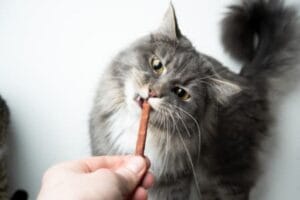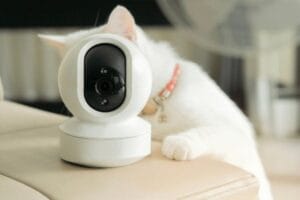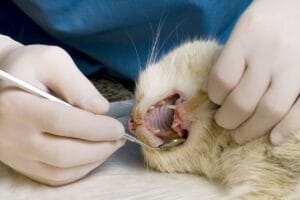Is Your Cat Not Drinking Water After Surgery?
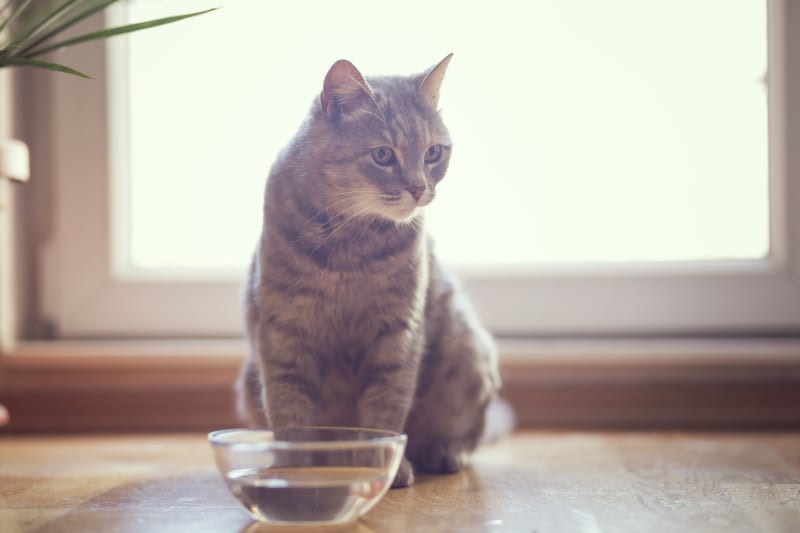
Is your Cat not drinking water after a recent surgery? Don’t worry, we got you covered.
Cats that have recently undergone surgery may experience difficulty drinking water, which can lead to dehydration and slow down their recovery process. Dehydration is a common problem in cats, and can be dangerous if left unsupervised. Encouraging your cat to drink water after surgery is crucial to their overall health and well-being.
Why is your Cat not drinking water?
There are several reasons why a cat may not drink water post-surgery, including:
- Pain and Discomfort: After surgery, a cat may experience pain and discomfort, which can make it difficult to drink water. They may avoid drinking water because it requires them to move and change positions, which can cause discomfort.
- Nausea: Some cats may experience nausea after surgery, which can make them less interested in drinking water. In some cases, the medication used during surgery can cause nausea.
- Change in Environment: Cats are creatures of habit, and any changes to their routine or environment can stress them out. After surgery, they may be in a new environment with new sights, sounds, and smells that can cause them to lose their appetite and refuse to drink water.
- Loss of Smell or Taste: In some cases, a cat’s sense of smell or taste can be affected after surgery, making water less appealing to them.
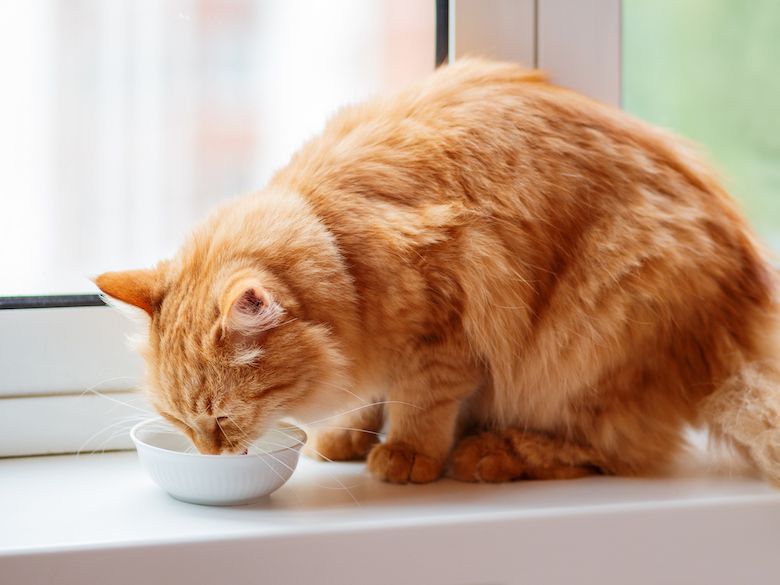
How to get your Cat to drink water after Surgery
Here are some tips on how to help your cat drink water after surgery.
1. Offer Fresh, Clean Water
Make sure your cat has access to fresh, clean water at all times. Change the water in their bowl frequently and provide a new, clean bowl if the previous one has any residue in it. Cats are very picky about their water, and even a small amount of residue can discourage them from drinking.
2. Try Different Bowls
Cats have different preferences when it comes to drinking water. Some prefer bowls, while others prefer drinking from a running tap. Try different types of bowls and see which your cat prefers. Additionally, make sure the bowl is not too deep as this can make it difficult for your cat to reach the water.
3. Offer Warm Water
Many cats prefer drinking warm water, especially after surgery. Offer lukewarm water to encourage your cat to drink. Avoid using hot water as this can burn your cat’s mouth.
4. Encourage Licking
Offer your cat moist food or wet food to encourage them to lick, which can help stimulate their thirst. Additionally, you can add a small amount of chicken or fish broth to their water to make it more enticing.
5. Offer Small Amounts Regularly
Instead of offering your cat a large bowl of water, offer them small amounts of water frequently throughout the day. This can encourage them to drink more frequently and prevent dehydration.
6. Provide a Comfortable Drinking Area
Make sure your cat has a quiet and comfortable area to drink in. Avoid placing their water bowl in areas with high foot traffic or near loud noises.
7. Consult with Your Veterinarian
If you’re still having trouble getting your cat to drink water after surgery, it’s best to consult with your veterinarian. They may recommend additional measures or prescribe medication to help stimulate your cat’s thirst.
In conclusion, encouraging your cat to drink water after surgery is crucial for their recovery and overall health. By offering fresh, clean water, trying different bowls, and providing a comfortable drinking area, you can help ensure your cat stays hydrated and healthy. If your cat is still not drinking water normally within 24 – 36 hours after the surgery, consult with your veterinarian for additional support.
